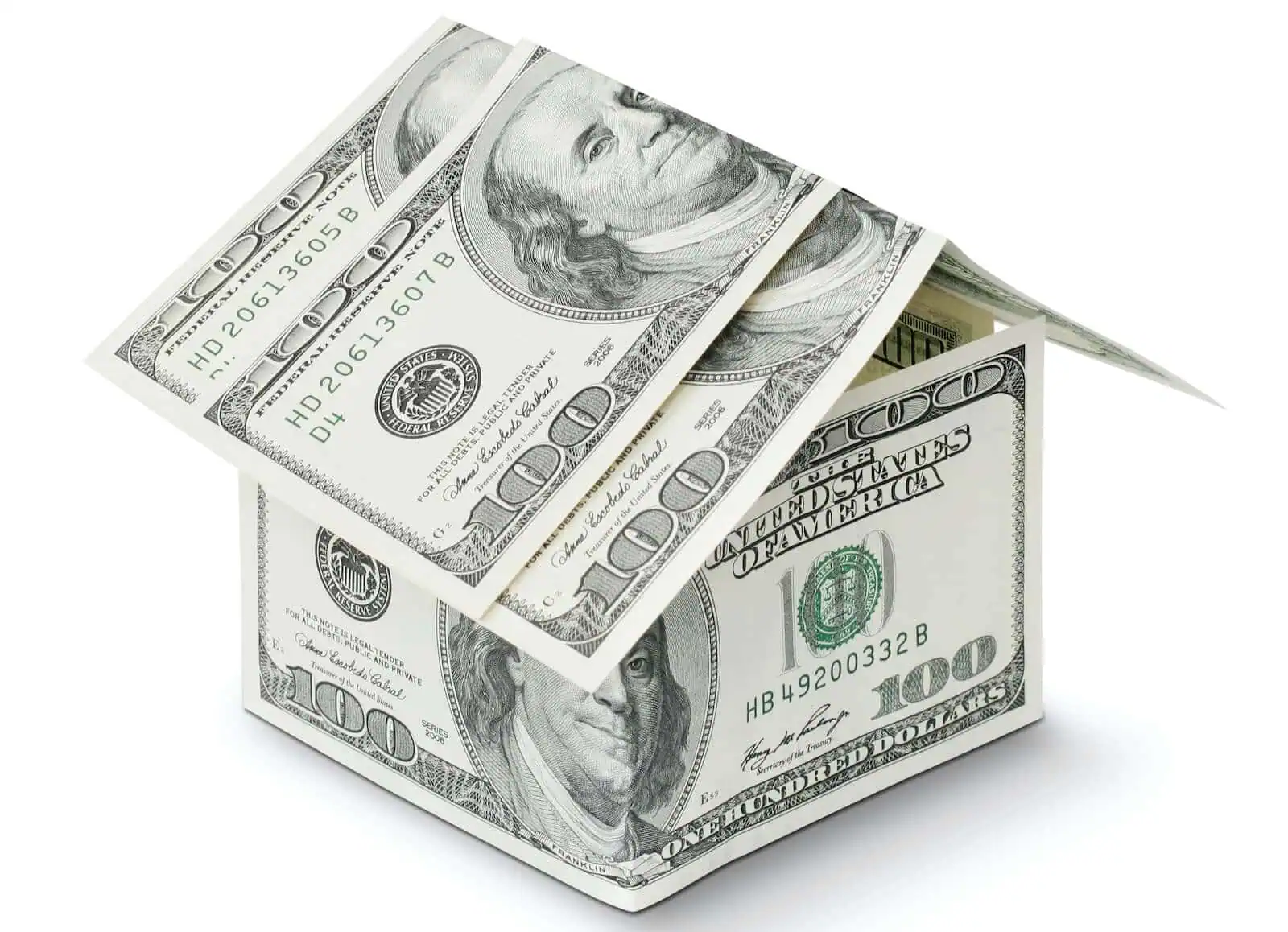According to most real estate agents, the biggest mistake home sellers make is overpricing their property.
This is a mistake you want to avoid if you’re selling your home because buyers are often unwilling or afraid to bid for overpriced houses, which makes them linger on the market and potentially sell for less than market value after repeated price reductions.
How then do you determine the right asking price for your house, which will appeal to buyers and net you the most money? Read on to find out.

3 Main Ways to Help You Figure Out the Asking Price for Your Home
If you’ve made the decision to sell your house and are wondering “how much can I sell my house for?” do one or more of the following to determine the best listing price.
1. Get a Comparative Market Analysis (CMA)
86% of homeowners who sold their house in 2022 used a real estate agent, according to a National Association of Realtors report.
If you work with a real estate agent, they’ll perform a comparative market analysis to help you set a fair asking price for your home.
A CMA involves looking at the prices that properties that are comparable to yours in terms of size, style, age, location, etc., have recently listed or sold for (typically 90 to 180 days).
2. Do a Home Appraisal
If you want to accurately price your home for sale, consider having the property appraised.
A licensed home appraiser has more experience valuing properties than a real estate agent and will provide you with an unbiased opinion of your home’s value based on its features, location, building materials, renovations made, and more.
Note, most real estate agents provide free CMAs to home sellers, but a credible home appraisal will cost you $300+. This expense can be worthwhile as a precise home value estimate can help you avoid overpricing your home, and receiving no offers, or undervaluing it and leaving thousands of dollars in profit on the table.
3. Carry Out Your Own Comparative Market Analysis
If you’re a for sale by owner (FSOB) seller, which means you’ll be selling your house without a real estate agent, it’s up to you to establish a selling price that draws prospective buyers without diminishing your earnings.
You can use online real estate platforms like Zillow, Redfin, or Realtor.com to conduct your own CMA to get a good idea of what buyers are prepared to pay for a home in your neighborhood.
When looking at homes that have recently sold in your area, as well as homes that are currently on the market, ensure these homes:
- Have not been listed for over three months.
- Are approximately equal in age to the property you own.
- Are within a quarter and half a mile from your house.
- Possess square footage that is within 10% of yours. For example, if your home is 2,000 square feet, you should search for properties between 1,800 and 2,200 square feet.
Be sure to compare the selling prices of properties with their original listing prices to gain valuable insights about pricing errors that previous home sellers committed and plan to avoid them.
For example, if multiple homes comparable to yours had to undergo price reductions to sell, it could be they were overvalued, and your home’s asking price should be close to those houses’ final sales prices.
4 Factors to Consider When Pricing Your Home for Sale
Now that you’re familiar with the tools you can use to establish the listing price for your home, we’ll move on to discuss some factors that influence your property’s selling price.
1. Local Real Estate Market Conditions
In a seller’s real estate market, where there are more buyers than homes for sale, property prices tend to go up due to buyer competition for the few properties available, but in a buyer’s market, where there are more homes for sale than buyers, home prices drop because of reduced demand and increased inventory.
When doing your comparative market analysis, look at the number of houses up for sale in your neighborhood, the number of homes recently sold, and how long homes are sitting on the market before they sell.
It’s probably a seller’s market if houses are moving fast and for more money than they were listed for, and a buyer’s market if homes are taking months to sell and going for less than the asking price.
In a seller’s market, buyers may still be interested in your home even if it’s overpriced, but in a buyer’s market, you must price your home competitively to pull in buyers, which may entail lowering your asking price.
2. The Home’s Condition
Does your home require repairs and upgrades, or is it well-maintained?
Your home’s condition has a big impact on its price, and some buyers are willing to pay thousands of dollars more for a property they can move into right away without having to pay for any repairs or renovations.
But, if your home needs major improvements that you don’t want to take care of before listing, you might have to cut your home’s price to account for the cost of modifications and repairs to lure in buyers.
3. The Time of Year You’re Selling Your Home
You may get more money for your home depending on the season you sell it.
The busiest months for home sales are spring and summer, while fall and winter can be sluggish.
To draw buyers to your property during a slow season, you might need to price it cheaper, and in a peak period, you could be able to price your home higher and still receive multiple offers.
4. Recent Home Sales’ Pricing
Zillow advises that a home’s asking price ought to fall within 10% of your neighborhood’s average sold price.
Some pointers that you have priced your home correctly are:
- Buyer interest is very high. You probably did a decent job pricing your house for sale if you or your real estate agent start receiving calls from prospective buyers as soon as you list it with them asking questions or requesting a viewing.
- You get an offer immediately. If you priced your house competitively in a hot real estate market, you could receive a serious offer within a few hours or days. In a slower market, it can take a few weeks, but if your house gets no serious bids for several months, you should start considering lowering the asking price.
- Your list pricing is competitive with similar homes. Consider yourself a prospective home buyer and look for properties that resemble yours. Do the prices of the properties that appear in the search match or are reasonably close to what you have listed for? If not, you might have a problem with pricing.
Homebuyers of Pittsburgh: #1 Professional Home Buyer in Pittsburgh
Want to sell your home quickly and without the hassle of the traditional home selling process? Look no further than HomeBuyers of Pittsburgh!
Our cash home-buying business has been offering Pittsburgh homeowners a stress-free home-selling experience for 8+ years, and we have 600+ happy customers.
We would also like to help you avoid wasting your time and money on repairs, real estate fees, cleaning, showings, and much more by giving you a fair cash offer for your home as-is within hours of you contacting us. If you accept our offer, we can close the home sale in a few days, and we’ll pay all closing costs.
Contact us today at 412-444-8914 or info@urbanpgh.com to take the first step towards selling your home with ease. You won’t regret it!









